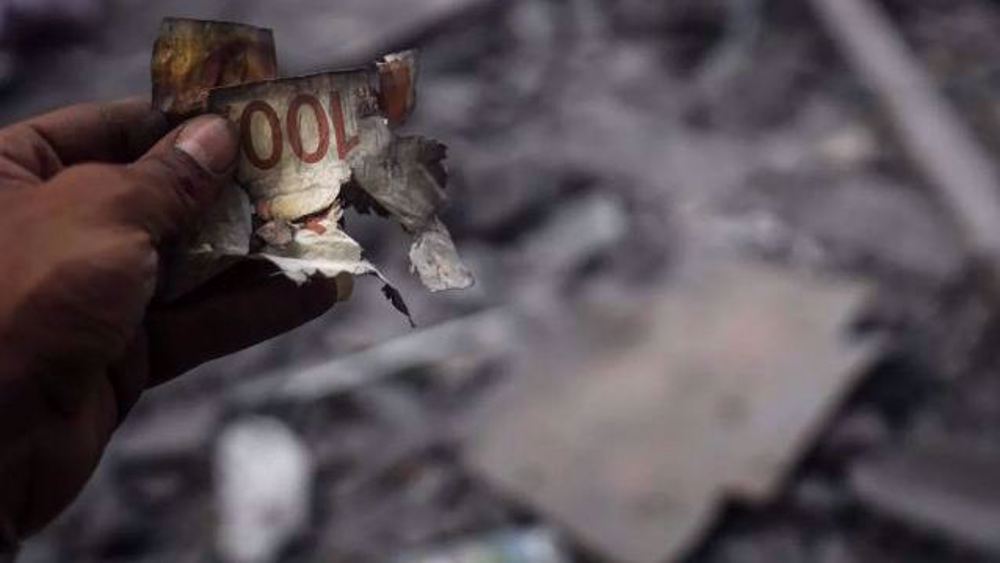
“President Gustavo Petro has instructed us to open a Colombian embassy in Ramallah – and this is the next step we will take,” El Tiempo quoted Luis Gilberto Murillo as saying.
Murillo said President Petro had given his support for Palestine being "recognized as a state with full rights at the United Nations” during a meeting of regional leaders in Saint Vincent and the Grenadines.
That came as the UN General Assembly overwhelmingly passed a resolution, urging the world body’s Security Council to reconsider Palestine’s request to become a full UN member.
The resolution was passed during an emergency session of the assembly on May 10, after the United States, the Israeli regime’s biggest ally, blocked Palestine's attempt at being recognized as a full member.
Palestine is currently a UN non-member observer state, a status that was granted to it in 2012. An application to become a full UN member needs to be approved by the Security Council and then at least two-thirds of the General Assembly.
Colombia’s plan to open an embassy in Ramallah was announced on the same day Norway, Spain and Ireland said they would recognize Palestine as a state. Colombia recognized Palestine in 2018.
It also came as Petro earlier this month said he would cut Colombia’s diplomatic relations with Israel over the regime's ongoing genocidal war against the Gaza Strip.
Israel launched the war on Gaza on October 7 after the Palestinian resistance movement Hamas waged the surprise Operation Al-Aqsa Storm against the occupying entity in response to Israel's decades-long campaign of bloodletting and devastation against Palestinians.
Tel Aviv has also blocked water, food, and electricity to Gaza, plunging the coastal strip into a humanitarian crisis.
Since the start of the offensive, the Tel Aviv regime has killed at least 35,800 Palestinians and injured 80,200 more.
Western officials warn of ‘catastrophe’ in West Bank
Western officials on Thursday warned of an “economic catastrophe” in the occupied West Bank over Israel’s decision to cut off Palestinian banks.

The warning came a day after Israeli finance minister Bezalel Smotrich threatened to isolate Palestinian banks by not extending guarantees to Israeli banks that deal with them.
The guarantees allow payments for vital services and salaries tied to the Palestinian Authority, and facilitate the import of essentials such as food, water and electricity into the occupied Palestinian territories.
According to three Western officials, the Palestinian economy would effectively stop over time, if the waivers, which are set to expire on July 1, were not renewed.
“The point that we’re making . . . is that you shouldn’t be threatening people’s access to food, electricity and water at a moment like this, especially in the West Bank,” a US official said.
Not renewing the waiver “will be to the detriment not only of Palestinian interests but also to Israel’s and the region’s security and stability,” the official added.
Smotrich has also announced that he would withhold tax revenue Israel collects on behalf of the Palestinian Authority, which account for more than 60 percent of annual revenues used in the West Bank.

No comments:
Post a Comment